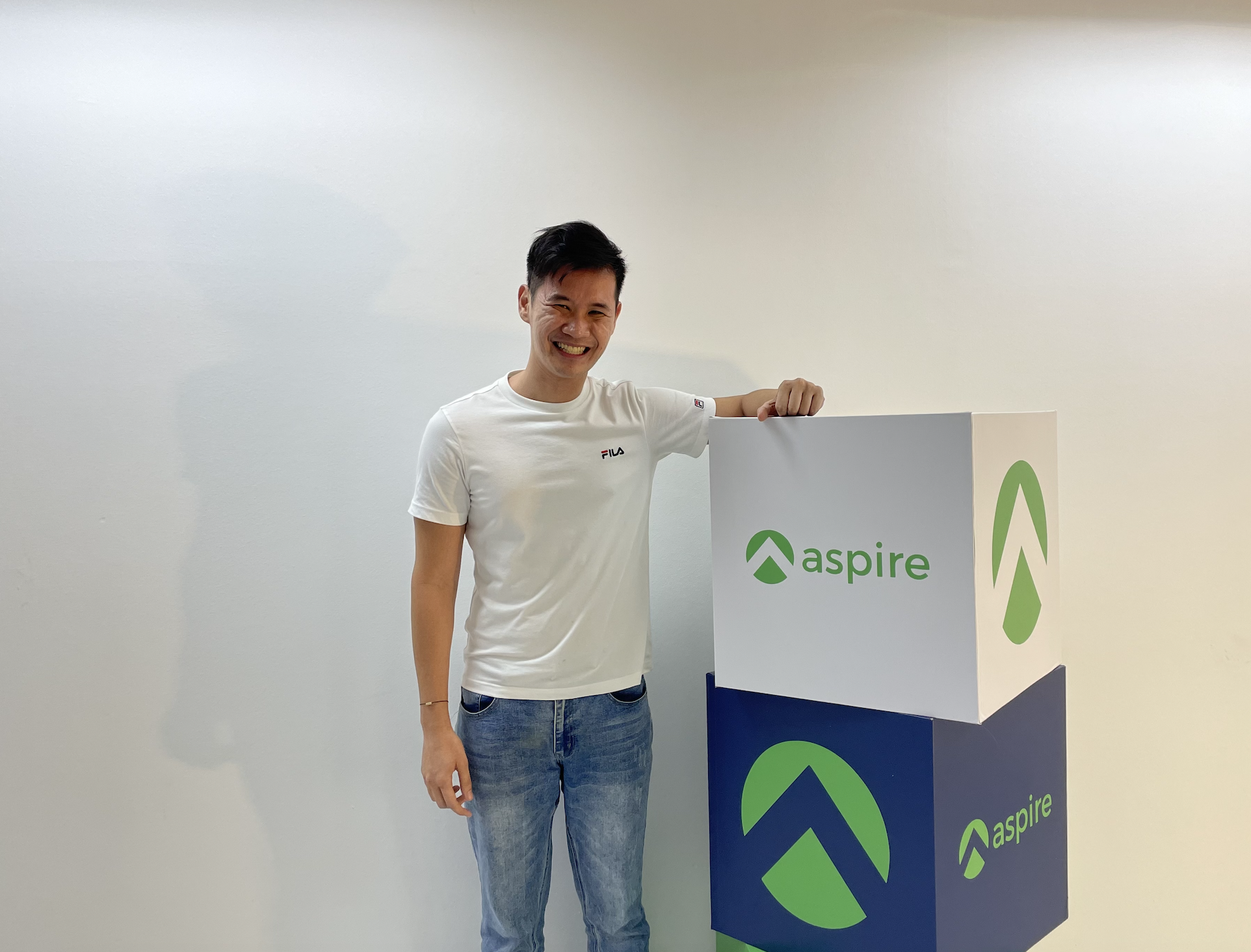Lessons from the Rollercoaster: Building Compensation and Benefits Programs in the Tech Start-Up World
Editor's Note: Dive into the high-octane world of tech start-ups through the lens of a seasoned compensation and benefits professional, Kim Ng. From crafting innovative benefits programs to navigating the thrills and challenges of rapid scaling, discover the insights that drive success in dynamic environments. Learn the importance of data-driven decisions, maintaining work-life balance, and creating sustainable compensation packages that support both talent retention and financial health.
What got me started?
From a young age, I have always been intrigued by how people are rewarded for the time and effort they invest at work. After all, we dedicate a significant portion of our lives to our careers, and the question of "what is fair" in terms of salaries is always subjective. Everyone wants to feel valued for their contributions, and that we are paid in a fair and transparent way. This naturally led me to be interested in the area of compensation and benefits.
In the area of start-ups, compensation and benefits play a crucial role. It is a balancing act between attracting and retaining top talent with competitive packages, while ensuring long-term financial health for the company considering it is one of the largest spends.
My journey began with internships in this field, ultimately leading to my first job at Goldman Sachs, an investment bank. Following this experience, I pivoted my career towards Tech, and continued to develop through a couple of tech startups, including Airbnb, foodpanda, Airwallex, and most recently Aspire. Through these experiences, I hope to share a couple of my takeaways and more color on what we do.
Move fast break things
Many start-ups operate with a "move fast, break things" mentality, which extends to compensation and benefits. Every day, we make swift decisions based on real-time data and evolving business needs. This approach is crucial during rapid scaling (what works for 100 employees might not be effective for 500) and when expanding into new locations, where complex regulations add another layer of complexity. The advantage of this fast-paced environment is witnessing the impact of our decisions quickly and experiencing the growth journey firsthand.
In this dynamic process, we shape the future of work by experimenting with and pioneering wellness offerings, flexible work arrangements, and equity structures that incentivize long-term growth alongside founders.
One of my most memorable experiences involved building a flexible benefits program from scratch. We conducted employee surveys and focus groups to understand what mattered most to our team. It was incredibly rewarding to see how much employees appreciated the ability to choose benefits that fit their individual needs and life stages.
This experience is quite different from working in a more mature setup at many MNCs or larger organizations, where many programs are already established. In such environments, adapting to a rapidly changing employee demographic can be more challenging.
2. A ride on the startup rollercoaster
Working in a start-up is a thrilling ride. There are exciting times with rapid growth and expansion (imagine: new office spaces and ping pong tables), and the energy is contagious. But there are also times when things get bumpy, with potential cost-cutting measures or even layoffs.
As compensation and benefits are often a company's largest expense, we quickly had to learn to be more resourceful and data-driven. This means constantly analyzing program effectiveness and focusing on creating sustainable programs that support the company's long-term financial health.
For example, ensuring our compensation packages remain competitive yet sustainable was a key project. We conducted a comprehensive market benchmarking study, collecting data on salary ranges, bonus structures, and benefits from similar-sized companies in our industry. By leveraging compensation surveys and industry reports, we obtained up-to-date, relevant information to guide our decisions, balancing business needs with cost-effectiveness.
3. A pitstop in the sprint
The constant hustle of startup life can also be a double-edged sword, as it is easy to get caught up in the excitement and push ourselves to 200% everyday. In my case, it was when I realised that I had not taken a proper break since my school days. This served as a wake-up call, prompting me to take a month off to recharge and gain perspective. The experience was more than just a vacation; it was a powerful reset.
More than the scenery, it was an important reminder to be present again, to appreciate the beauty around me rather than just chasing the next task.
I learned to better set boundaries, schedule regular breaks, and say no when my workload became overwhelming. Looking back, this is a vital skill for anyone navigating the exciting yet demanding startup journey.




